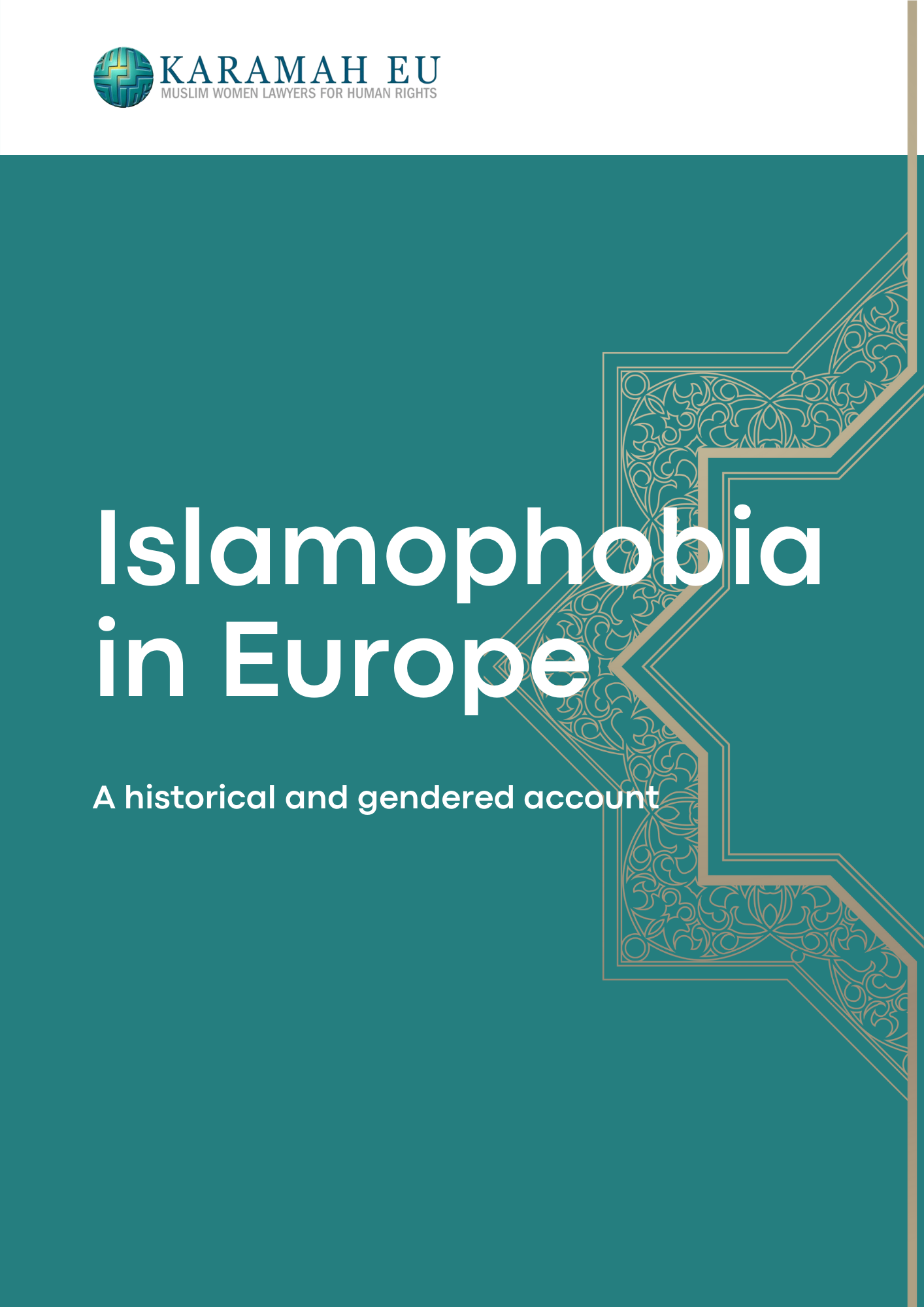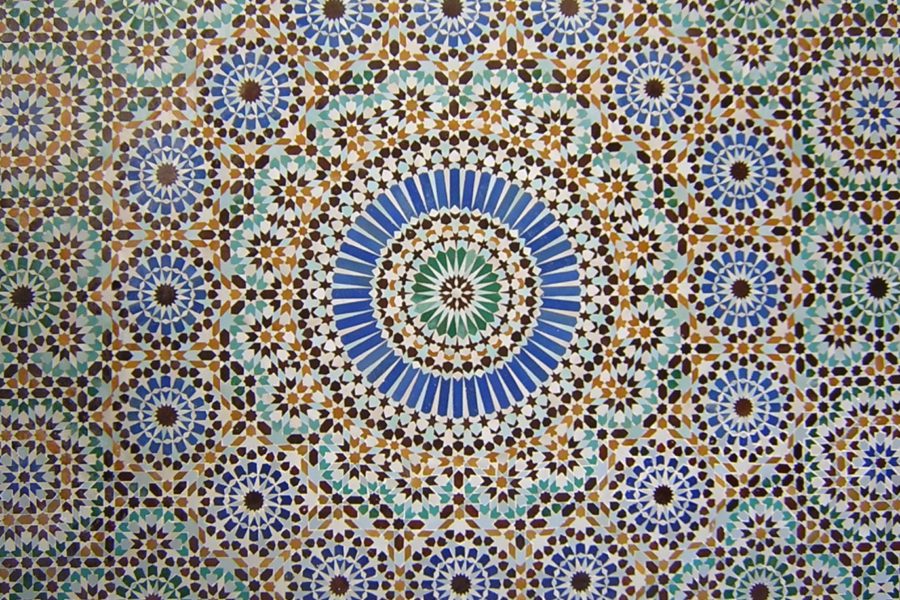Islamophobia is a form of racism in the post-colonial era, whereby Islamic religion, tradition and culture are seen as a threat to European values. Singling out Muslims as exceptional others creates a powerful repertoire of anti-Muslim sentiments that feeds into the contemporary Islamophobic discourse. This gives the white supremacists a chance to systematically exclude minorities from decision-making at social, political, and economic levels.
The historical roots and the gendered aspect of Islamophobia are often obscured by totalising narratives that downplay the impact of such discriminations. Notably, the impact of Islamophobic policies and attitudes on employment, housing, education, politics, media representations and online behaviours are sending increasingly alarming signals on the othering of Muslims. In particular, the case of Muslim women in Europe at large and particularly in Belgium is worth highlighting in the intersectional dynamics that impact them. The visibility of Muslim women who wear a headscarf (hijab) puts them at a particular risk.
This leaflet intends to offer an overview of the global phenomenon of Islamophobia, its impact in the 21st century at multiple level of political, economic, and social life, and the particular gendered aspect of Islamophobia that impacts Muslim women.



